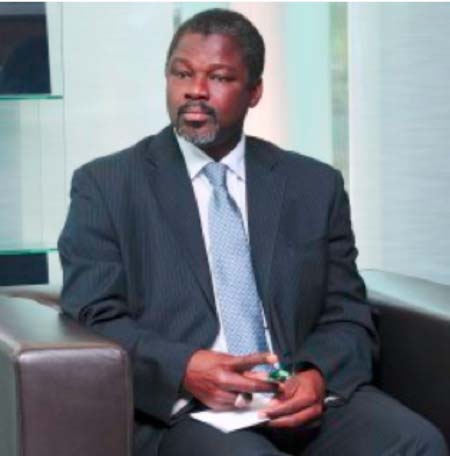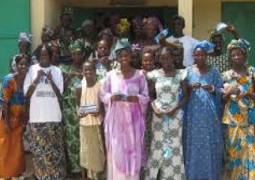
The
Gambia Football Federation (GFF) recently appointed regional coaches, as well
as administrative and finance assistants for all the seven regional football
associations in the country.
The
GFF in the same vein appointed a Human Resource manager and competition
assistant, geared towards beefing up the administrative staff to ensure
efficient and effective service delivery.
The
appointment of the regional support staff is in line with the Federation’s
continuous strife to ensure sustainable development in the decentralisation of
football in the country.
The
initiative, will empower the regions with requisite resources, includes
manpower to ensure effective delivery of the regional programmes and
activities, especially the regional leagues.
The
GFF will be responsible for the monthly salaries of these regional personnel
and will also provide them with a means of transportation (motorcycles) to
facilitate their movements in their respective areas of jurisdiction.
The
president of GFF, Lamin Kaba Bajo, congratulated the new members of staff for a
well-earned appointment and reaffirmed his unalloyed commitment to ensuring the
sustainable development of football in The Gambia, especially from the
grassroots, in line with the Federation’s four-year strategic development plan.
The
appointments came hot on the heels of the recently concluded Annual General
Meeting’s decision to increase annual funding to the regional football
associations by 300% from D50,000 to D200,000.
“This
is in consonance with our efforts to bridge the gap between the urban and rural
areas in terms of football development,” Bajo said, further disclosing plans to
submit an Income Generating Project to FIFA to set up a commercial
transportation service (Buses) that would also be used to transport players to
and from league and cup matches in every part of the country, especially when
the four regions of LRR, NBR, CRR and URR are incorporated into the national
league in 2018/2019.
Bajo
further noted that preparations were also in high gear for the submission of
new projects for the development and improvement of other football grounds
within both urban and rural areas.
This,
he added, is also in tandem with plans to develop seven standard football
facilities, at least one in each of the country’s seven regions, through
funding from FIFA and a Public Private Partnership approach by which the GFF
would develop facilities capable of hosting international football matches.
This
process is in high gear with the recent inauguration of an artificial football
pitch in Jarra Soma, Lower River Region.
He
added that the process of securing funds for the further development of the
Soma Mini Stadium is at an advanced stage.



